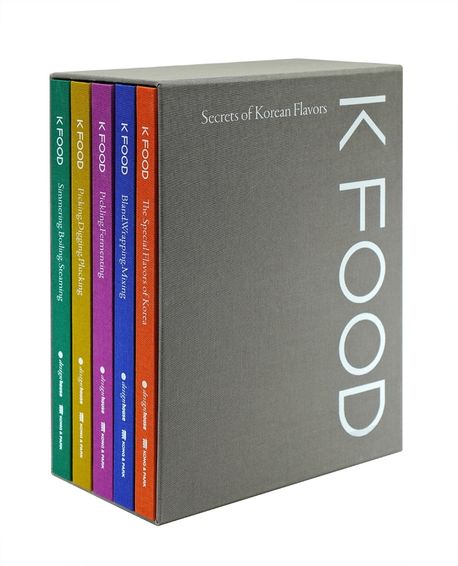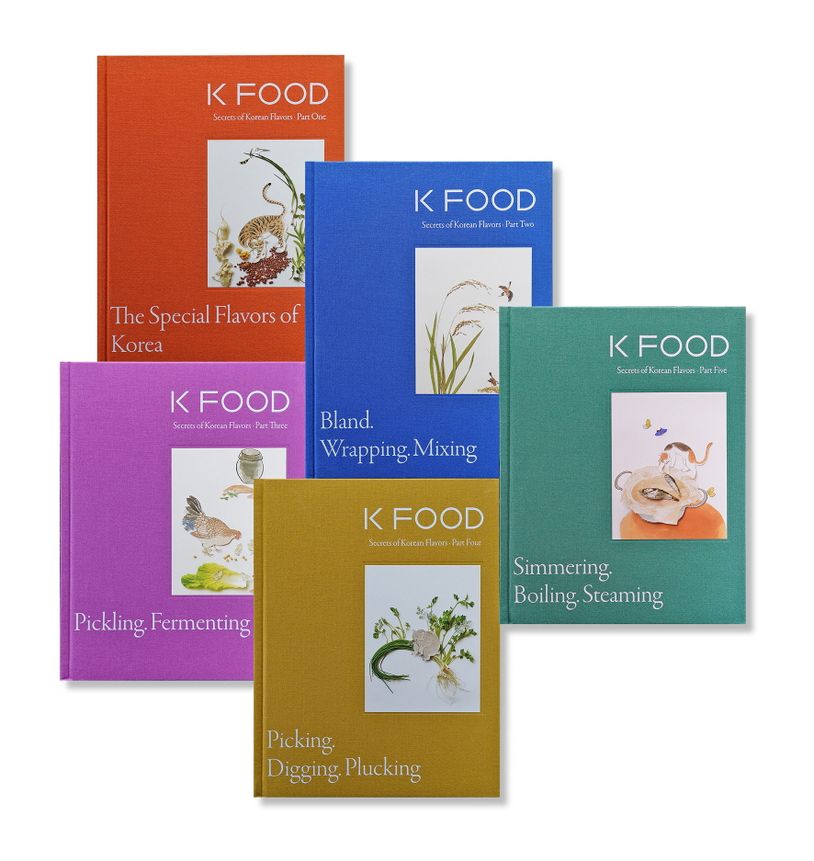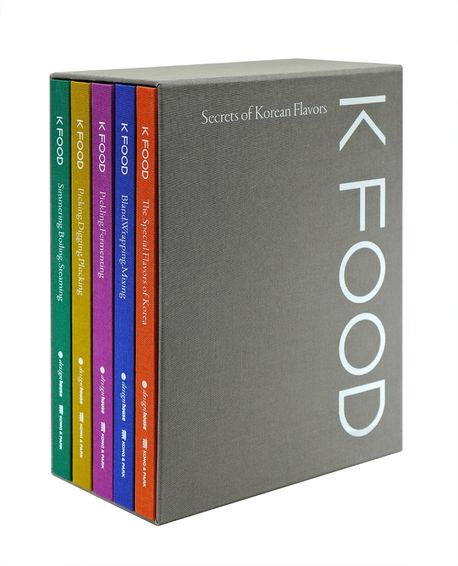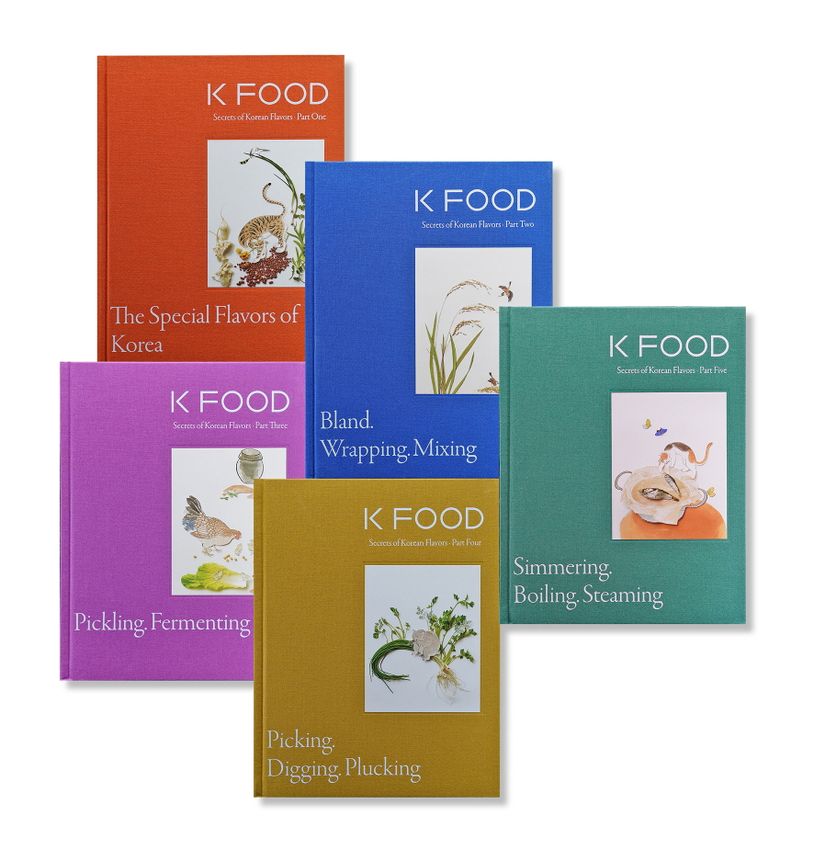K-FOOD: Secrets of Korean Flavors. Versión en Inglés
Precio habitual
$7,999.00 MXN
Precio de oferta
$7,999.00 MXN
Precio habitual
Precio unitario
/
por
Oferta
Agotado
Impuesto incluido.
Sin existencias para envío inmediato. Ordena y recibe en 15 a 20 días.
No se pudo cargar la disponibilidad de retiro
-
Proveedor:
House Full of Happiness
Descripción
〈K FOOD: Secrets of Korean Flavors〉 is the result of an effort to examine the spirit and substance, and the past and the present, that has taken root in the Korean table, with a dense and bold eye. Above all, this book looks at Korean food in terms of cultural codes such, as 'flavorlessness,' 'fusion,' 'fermentation,' 'gathering,' and 'moist-heat' instead of traditional standards, such as 'season' and 'ingredients.' Korean food begins with a bland and mild ‘tasteless’ rice, and that rice is wrapped up in a ssam or mixed with meat and vegetable ingredients, sesame oil, and red pepper paste for ‘fusion’ properties, which are the first and second codes. While the Western cooking code consists of the confrontation between cooked and raw, and meat diet and vegetarianism, the third code examines the taste of fermented Korean food, that is, Korean food through ‘fermentation.’ The fourth code, ‘namul culture,’ looks into Korean food through the tradition of the ‘gathering era’ of digging for namul (greens), picking tree fruits, and plucking marine plants. The fifth code, ‘wet culture’, focuses on foods that are always included in Koreans' meals. They are broth-based foods such as soup, tang, stew, and hot pot, foods that need to be simmered, such as yeot (Korean taffy), grain syrup, and syrup, and foods cooked with steam, such as rice cakes and other steamed foods. Former Minister of Culture Lee O-young, “Korea’s best scholar,” took on the task of coding through this insight into the spirit and matter, and the past and the present of Korean food. Han Bokryeo, the director of the Institute of Korean Royal Cuisine, Chung Haekyung, Professor in the Department of Food and Nutrition at Hoseo University, Park Chaelin, Ph.D. at the World Institute of Kimchi, and Cha Gyunghee, Professor of Korean Cuisine at Jeonju University, were responsible for the task of specifying and presenting the code in detail across each volume.







